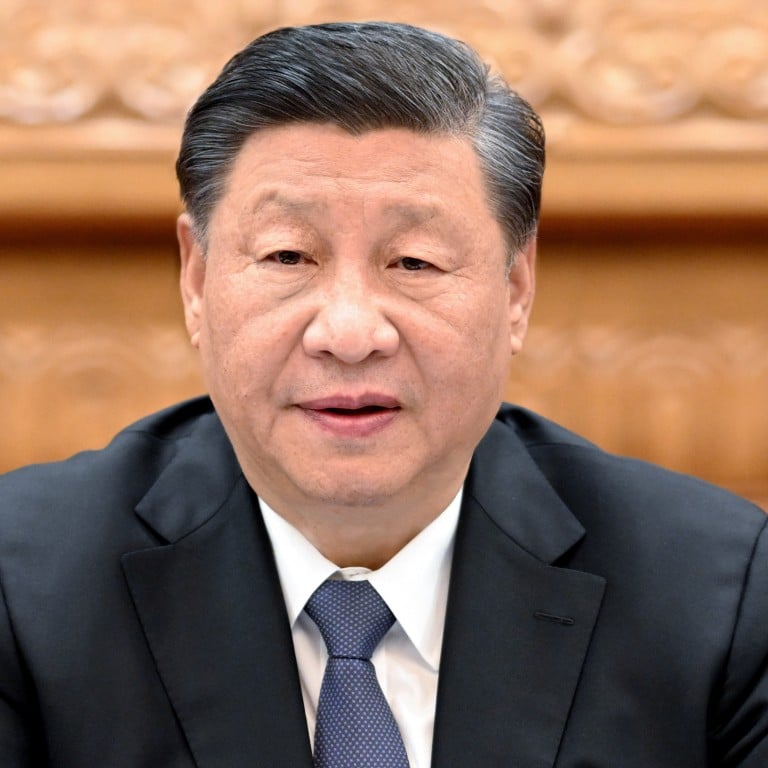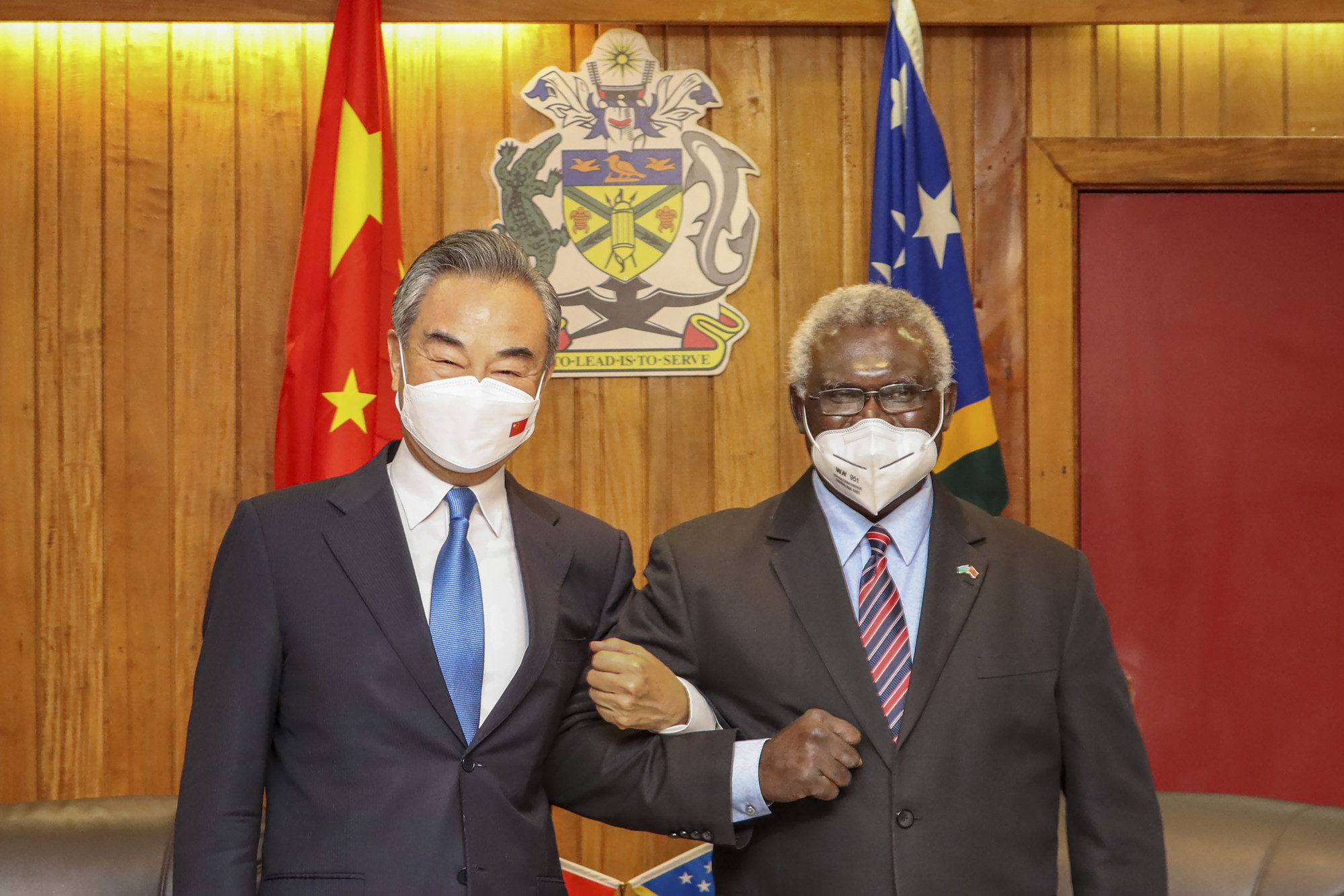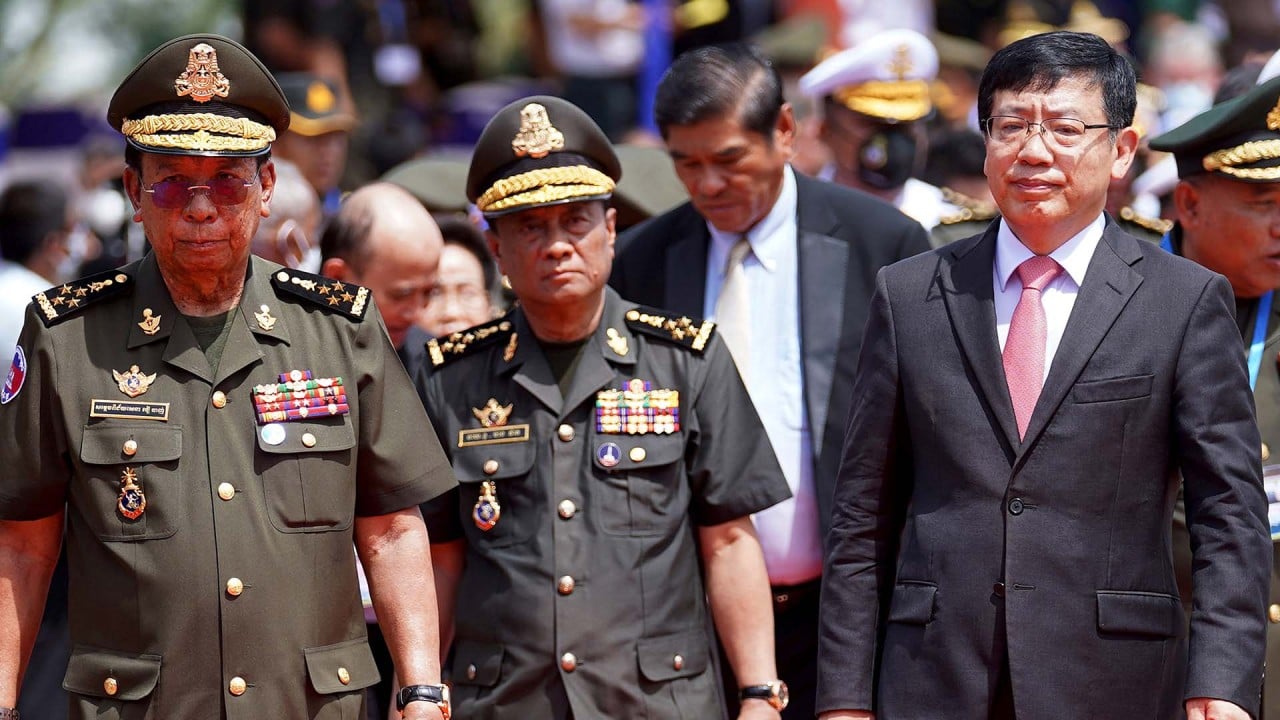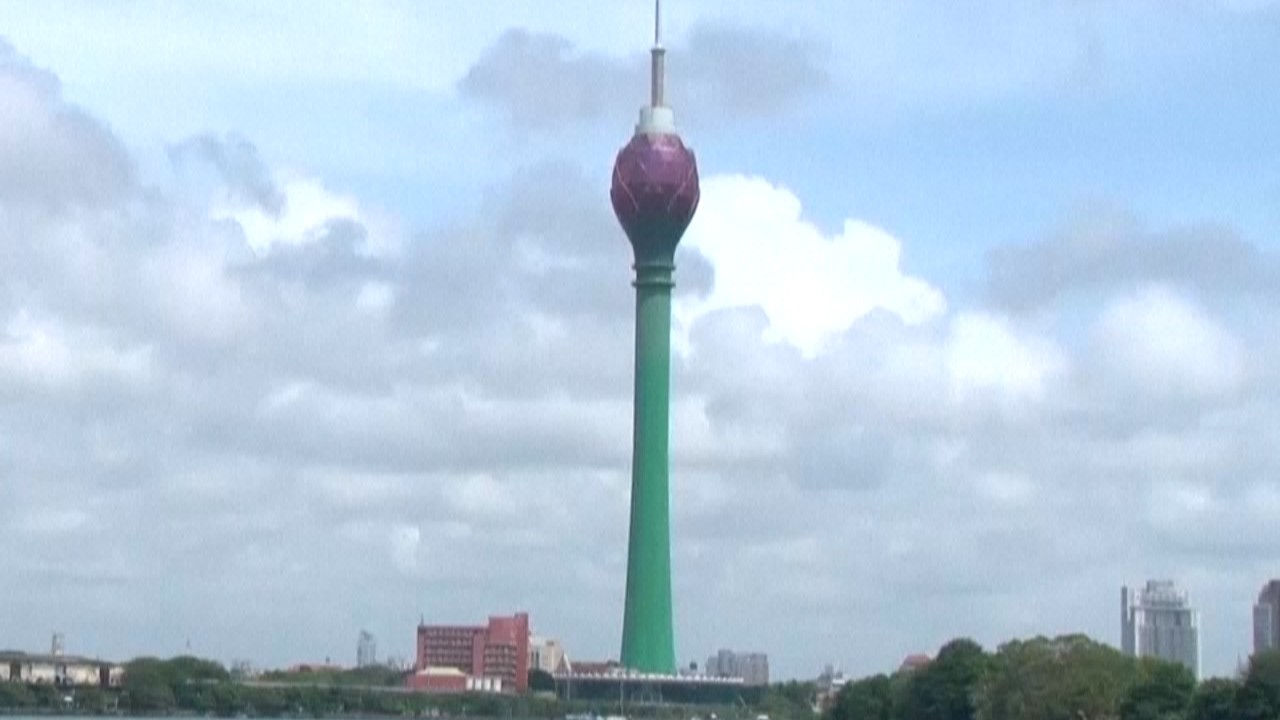
Xi Jinping says China has power and influence to shape the world, but at what cost?
- The crux or the limits to Chinese influence lie in the very nature of China’s system, which is inherently opaque
- China’s Belt and Road Initiative has been criticised as ‘debt trap diplomacy’, for providing funds for infrastructure projects to mostly developing nations
But is this “influence” and “power” necessarily for the better? Especially when the “influence” lacks transparency?
Apart from the negative impact of casino-building on local populations, massive demand for land has caused prices to skyrocket, which has priced lower and middle-income Cambodians out of their homes and communities.
Are cosier Cambodia ties a sign China wants to set up military bases overseas?
Gambling and organised crime have also turned Sihanoukville into the country’s crime capital where reports of money laundering, human trafficking, child labour and prostitution have alienated locals and fuelled anti-Chinese sentiments.
While both China and Cambodia have continued to deny the possibility of a permanent Chinese military presence at the Ream Naval Base, satellite images have revealed otherwise.
According to the Asia Maritime Transparency Initiative, major land clearing, a new pier, and several new structures have been completed in the last three months, while 28 acres of land have also been cleared in the centre of the base since July.
These efforts have not only undercut regional and international efforts in imposing pressure and sanctions on Myanmar, but have also propped up the military regime, even allowing it to arbitrarily arrest and kill more than 2,300 opponents and protesters, according to the Assistance Association for Political Prisoners.
Malaysian group urges China to pressure Myanmar over scam gang crisis
But in recent months where Sri Lanka is facing its worst economic crisis in history, Chinese help does not appear to be forthcoming, despite calls from Colombo urging Beijing to restructure its debt.
China merely said “the ball is in Sri Lanka’s court”, prompting howls of concerns that Beijing is effectively bailing out of a country when the going gets tough. Colombo still owes debt payments of between US$1.5 and 2 billion to Beijing.
In July, the US warned that increasingly provocative behaviour by China in the disputed waters meant that it was “only a matter of time” before a major incident or accident occurred in the region.
In virtually all of these instances, China’s proclamation of “win-win cooperation” – premised on common development of all countries – often sounded empty, even hollow, in view of the Chinese desire to advance its own interests.
A simple solution to the complex South China Sea disputes
In the case of Cambodia, scant interest is paid to local communities affected by China’s largesse and negative influence, while minimal attention is given to assist locals in capacity building.
While China has often touted the principle of non-interference when it comes to Myanmar, Beijing’s desire to protect its economic interests cannot be too far from the minds of its policymakers.
However, the crux or the limits to Chinese influence lie in the very nature of China’s system which is inherently opaque, a feature welcomed by regimes which are often similar in nature, such as Cambodia and the Solomon Islands.
This allowed the former to fall in line with Beijing on the building of the naval base, and for the latter to ensure that the final text of the security agreement which afforded broad freedom of operations to China remains a secret to the outside world.

This opaque Chinese influence can also be seen during Chinese Foreign Minister Wang Yi’s 10-day tour to the region beginning in late May where the Chinese style of hosting press conferences was adhered to.
Wang issued statements, but only permitted one or two questions from representatives of Chinese and local state media, prompting Reporters Without Borders to condemn what it called “the total media blackout imposed on events” during his visit.
Information is often hidden due to confidential clauses in the agreements, which means there are few if any opportunities for greater scrutiny, especially by civic and non-governmental organisations.
US talks of teaming up with China, but analysts remain pessimistic about ties
Without naming any country by name, Xi said in his speech that the “hegemonic, high-handed, and bullying acts of using strength to intimidate the weak” are exerting “grave harm” for world development.
But surely the same can also be said of Beijing’s behaviour?
China’s international influence does have the power to shape the world but there are limitations to the influence especially when much of what Beijing does is shrouded in secrecy and not subjected to scrutiny.
The negative and questionable influence also means that there will always be a healthy dose of wariness and distrust of the pernicious effects of such influence, at least in the Asia-Pacific region.



